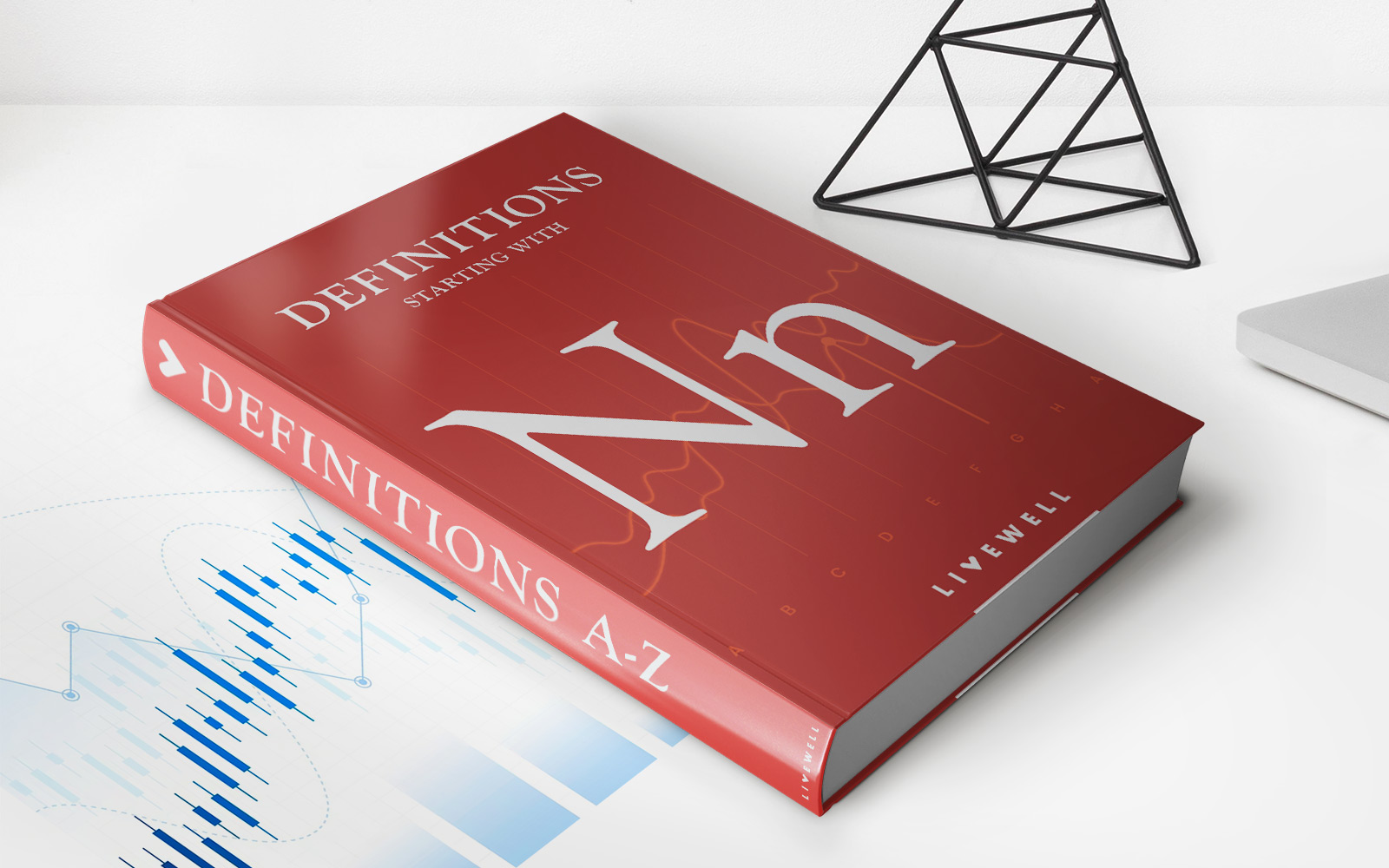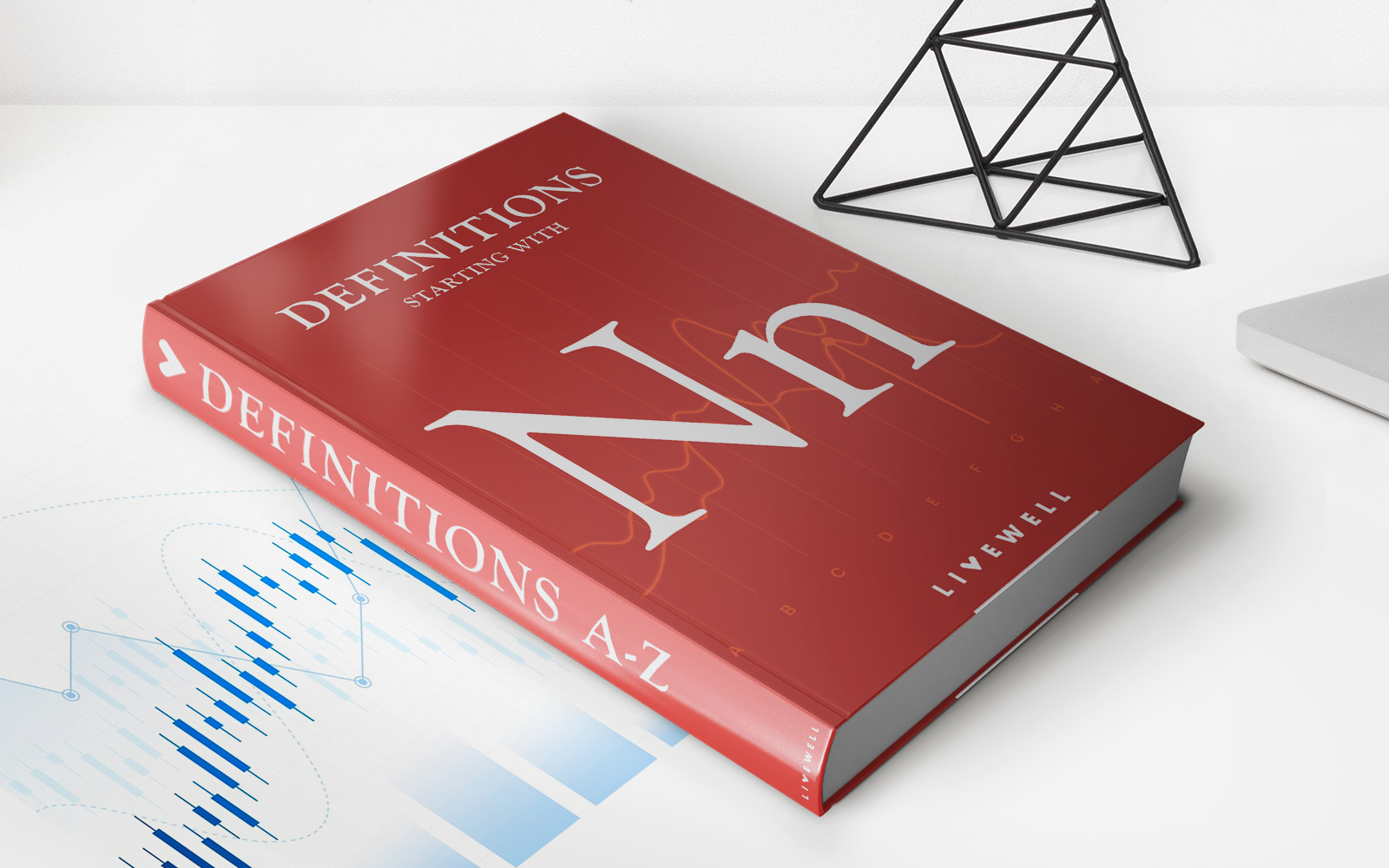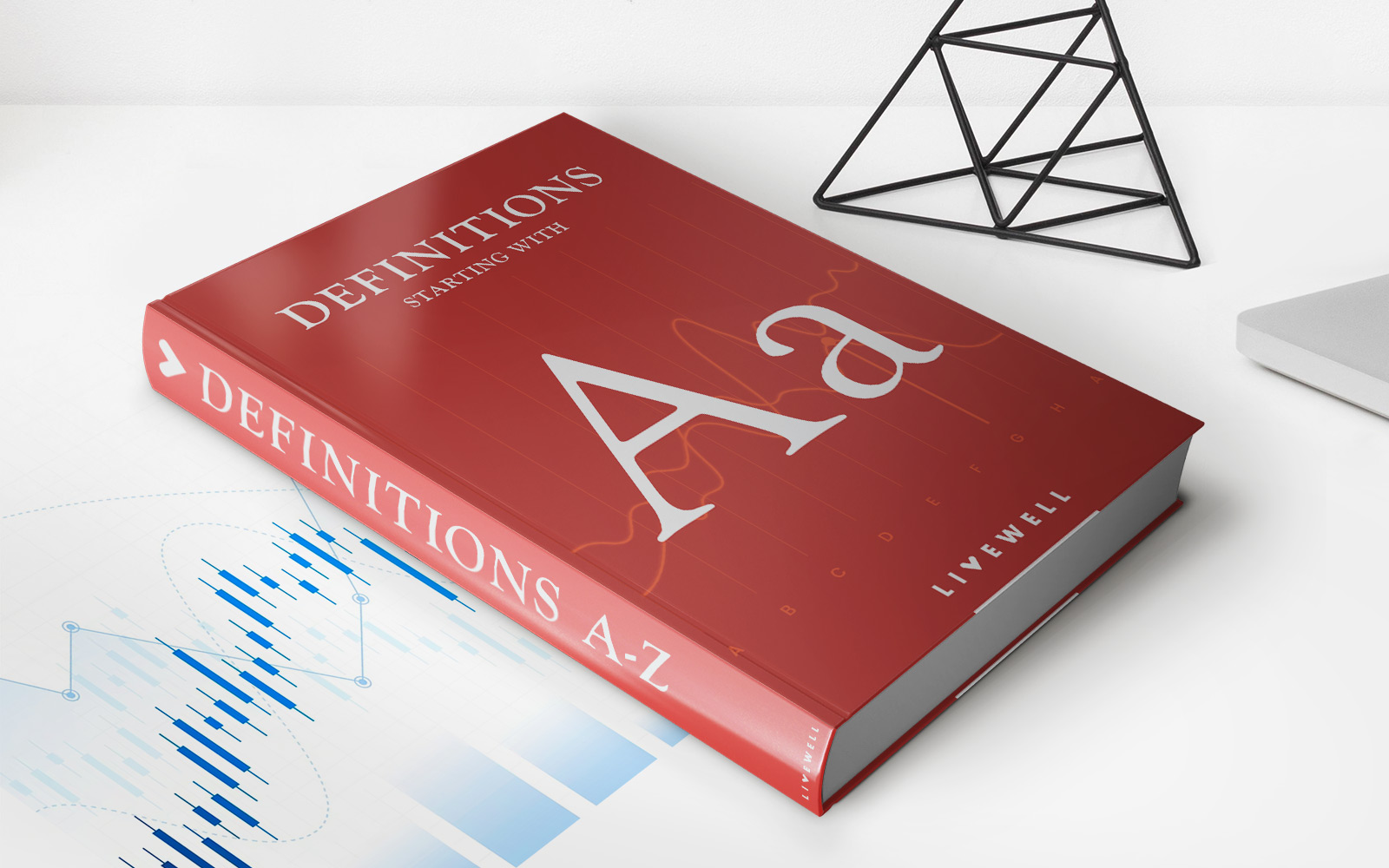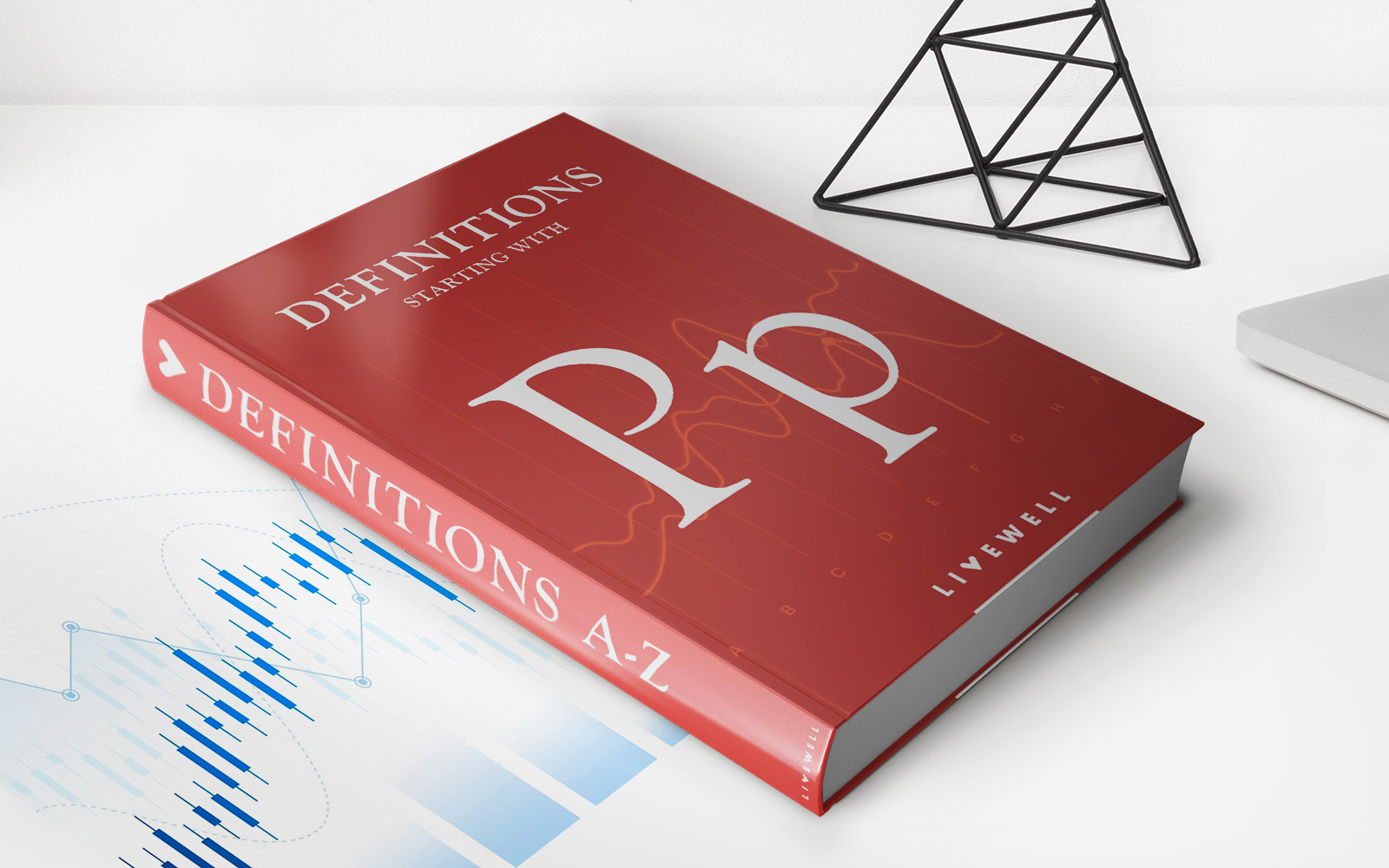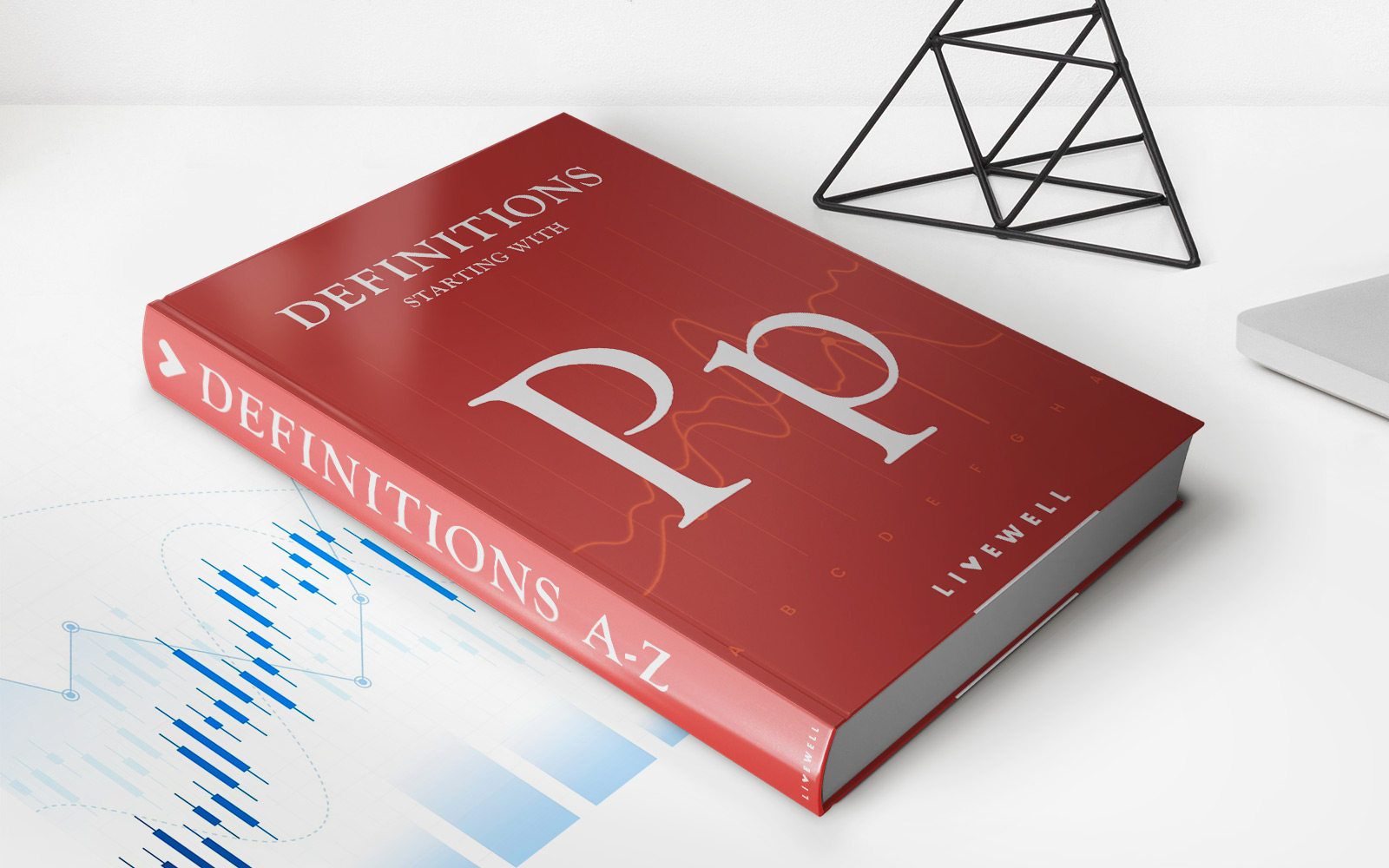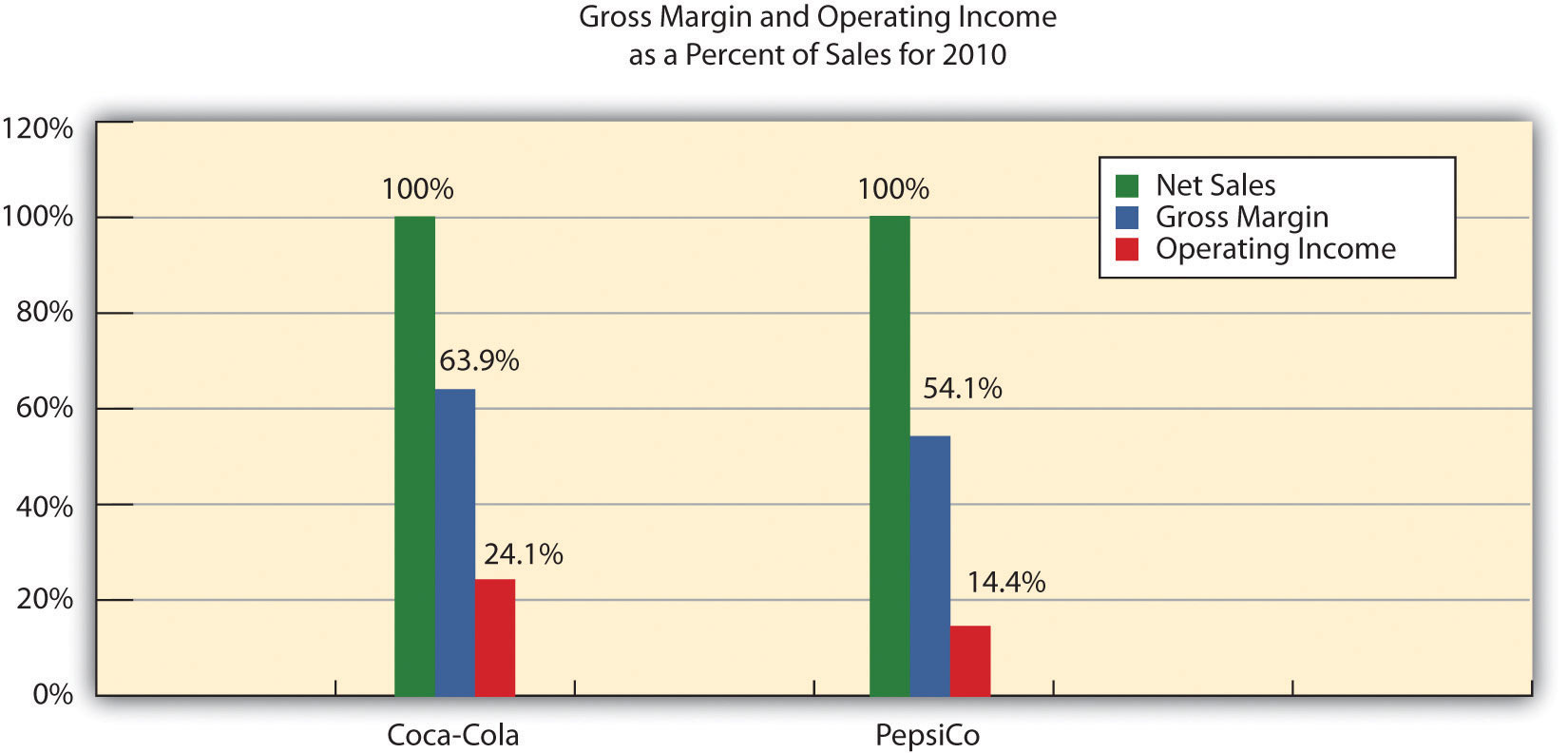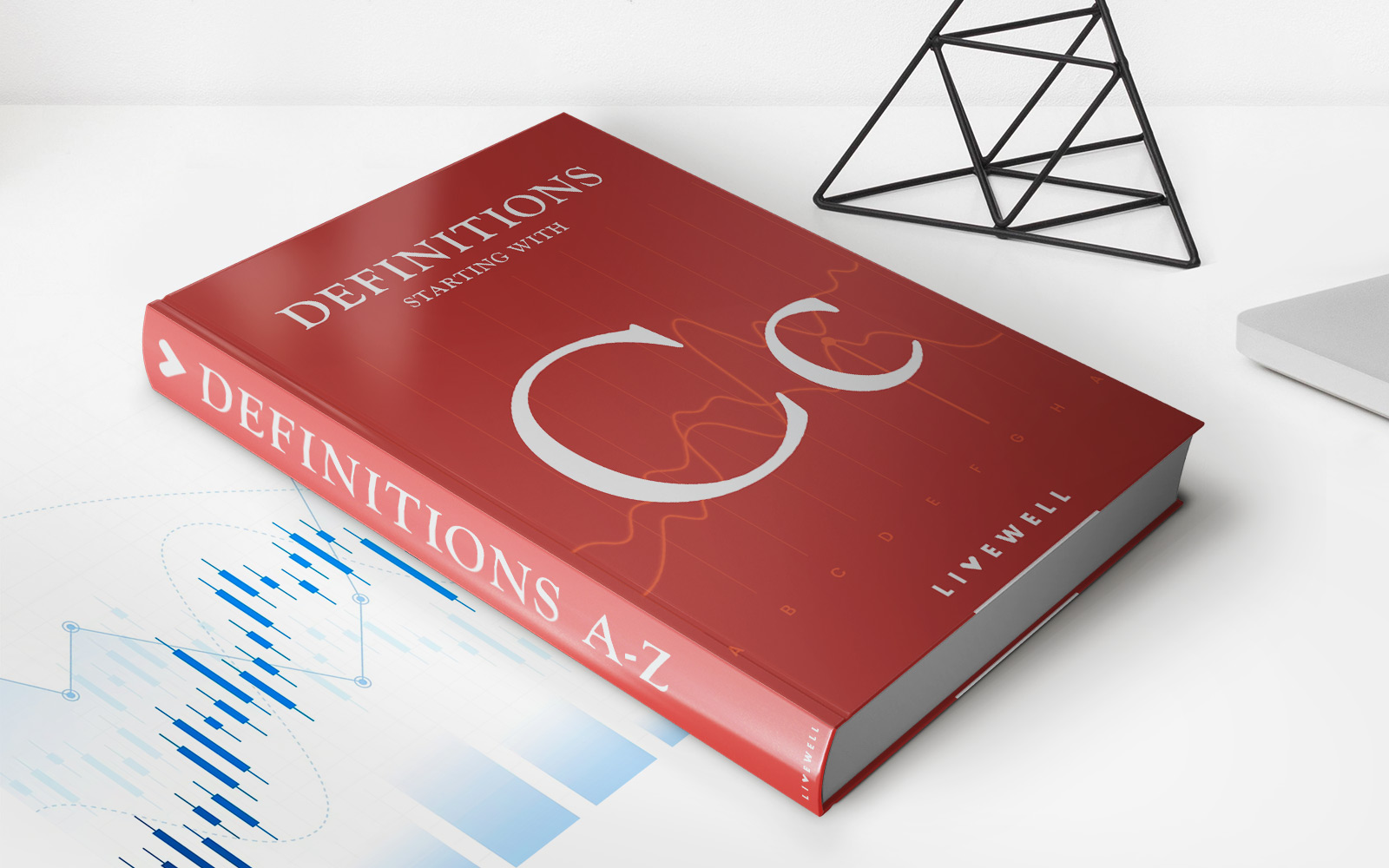Home>Finance>What Is A Payoff Statement? Definition, Uses, And Details
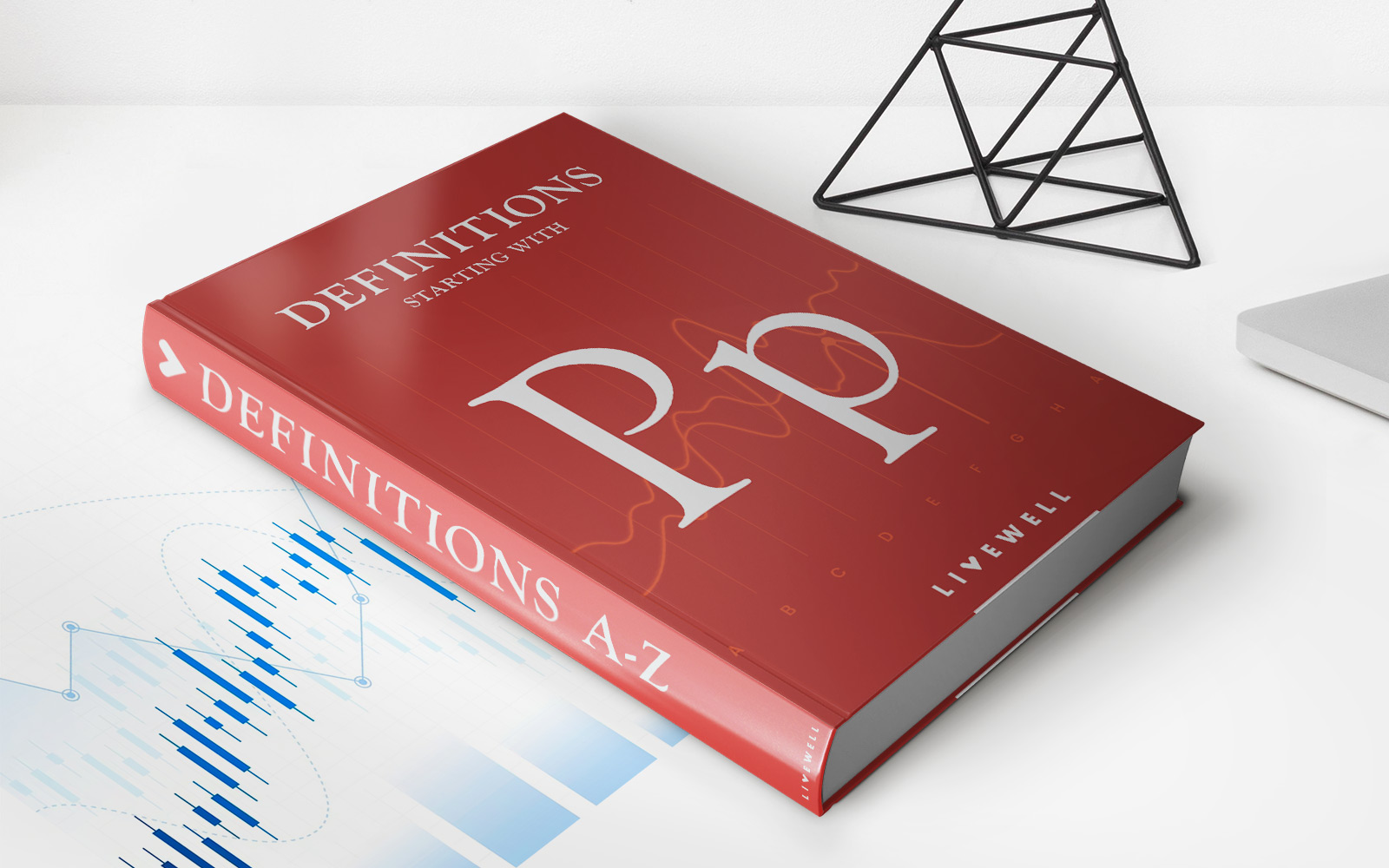

Finance
What Is A Payoff Statement? Definition, Uses, And Details
Modified: February 21, 2024
Learn the definition, uses, and details of a payoff statement in finance. Understand its importance and how it impacts financial transactions.
(Many of the links in this article redirect to a specific reviewed product. Your purchase of these products through affiliate links helps to generate commission for LiveWell, at no extra cost. Learn more)
What Is a Payoff Statement? Definition, Uses, and Details
When it comes to managing your finances, it’s essential to have a clear understanding of various financial terms and concepts. One such term that you may come across during the course of your financial journey is a payoff statement. In this blog post, we will delve into exactly what a payoff statement is, how it is used, and provide you with all the important details you need to know.
Key Takeaways:
- A payoff statement is a document provided by lenders that provides details on the amount required to pay off a loan or debt in full.
- Payoff statements are commonly used in real estate transactions to calculate the final amount needed to clear a mortgage.
A payoff statement, also known as a payoff letter or a payoff demand, is a document that is typically provided by lenders or financial institutions. This statement contains vital information regarding the amount of money required to fully pay off a loan or debt, including any interest, fees, or other charges associated with the outstanding balance.
So, why would you need a payoff statement? Well, there are several reasons why this document is important, especially in real estate transactions. Let’s take a closer look at some of the most common uses:
1. Finalizing a Mortgage
If you’re in the process of finalizing the purchase or sale of a property, a payoff statement is crucial. Both the buyer and seller need to know the exact amount required to pay off the existing mortgage balance on the property. The statement will provide a detailed breakdown of the principal amount owed, interest accrued, and any prepayment penalties.
2. Refinancing
If you’re considering refinancing your mortgage, a payoff statement will be instrumental. By obtaining this statement, you can determine if it makes financial sense to refinance your current loan. It will give you a clear picture of the outstanding balance and the associated costs, allowing you to make an informed decision.
Now that we understand what a payoff statement is and its uses, let’s dive into some important details you need to know:
Details in a Payoff Statement:
- Outstanding Principal: This is the amount you currently owe on the loan or debt.
- Accrued Interest: The interest that has accumulated on the loan up until the date of the payoff statement.
- Prepayment Penalties: Some loans include prepayment penalties if you pay them off before a specific period. The statement will outline any such penalties.
- Escrow Account Balance: If you have an escrow account, the statement will show the balance, which includes funds set aside for property taxes and homeowners insurance.
- Expiration Date: Payoff statements are typically valid for a specific period. The statement will indicate the expiration date, after which the information may no longer be accurate.
Knowing the details within a payoff statement will empower you to make informed decisions about your financial obligations. It’s crucial to review the statement carefully and seek clarification from your lender if needed.
As always, it is essential to consult with a financial advisor or a mortgage professional to fully understand the implications of a payoff statement in the context of your unique financial situation. They can guide you through the process and help you make well-informed decisions.
So, the next time you come across the term “payoff statement” in your financial journey, you’ll have a clear understanding of what it entails and how it can impact your financial decisions.
